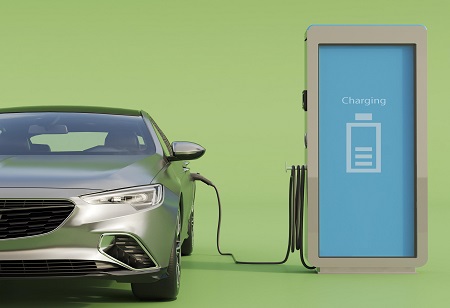
In accordance with sources on August 11, Japan intends to implement tax breaks for domestically manufactured electric vehicle (EV) batteries and semiconductors beginning in April 2024 in order to improve economic security.
Similar industrial policies in the United States and the European Union would encourage companies to bring production back home from China while also easing the country's energy transition.
As per sources, for the government's fiscal 2024 tax code revision, the Ministry of Economy, Trade, and Industry will propose tax breaks for companies manufacturing strategically important items in Japan.
According to the source, the planned scheme would reduce corporate taxes based on the output of batteries and chips, similar to the US Inflation Reduction Act. According to the report, the ministries will draught the specifics, including applicable items, by the end of this year.
Every spring, the Japanese government revises its tax code after the ruling coalition agrees on a draught and sets the overall course in December.
Japan has also announced billion-dollar subsidies for chipmakers such as Taiwan Semiconductor Manufacturing and Micron Technology to build plants in Japan, and enacted the Economic Security Promotion Act last year to secure supply chains for strategic goods.

